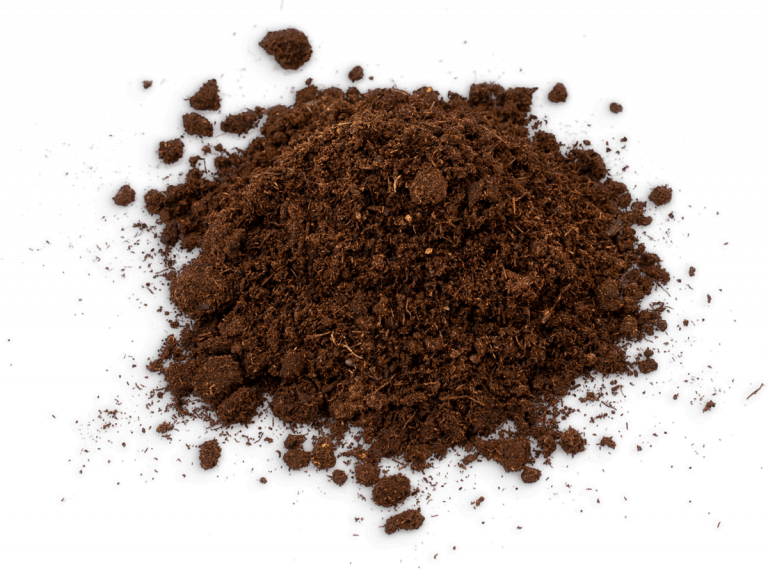The consortium comprises three categories:
Phytomanagement and soil remediation
Extractionprocess and high value products
Transversal
The following partners are part of the consortium:
Idener Research & Development
Area of expertise: Computational science
Idener Research & Development (IDE) is an RTO spin-off of the University of Seville, founded in 2010 and active in the field of engineering and scientific computing. The company is based in Seville and has participated in more than 80 European and national projects. With an extended interpretation of AI that combines machine learning, system modelling, advanced control and mathematical optimisation, IDE develops processes and tools for evaluation, optimisation and up-scaling.
As project coordinator of the pHYBi project, IDE is overseeing and supporting all project activities. In addition, IDE is leading WP4 “Modelling and Replication”, leveraging its expertise by implementing Multidisciplinary Design Optimisation (MDO) and developing a virtual replication tool. Furthermore, IDE contributes to WP5 in the area of integrated sustainability analysis with a Genome-Scale Metabolic Model (GEM) and to WP6 by supporting dissemination, communication and exploitation activities.
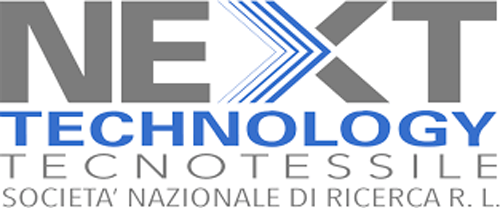
Next Technology Tecnotessile
Area of expertise: Textile materials and products
Next Technology Tecnotessile (NTT) is a private research organisation enrolled among the laboratories recognised by the Italian Ministry of Universities and Research (MUR), working to improve technological innovation and the competitiveness of companies. NTT participates in R&D and technology transfer projects at national and European level, focusing on the circular economy, sustainable textiles, Industry 4.0, chemistry and nanotechnology. The company is also involved in the modification of materials and the development of novel chemical processes, research and development on control systems and the reuse of industrial wastewater, as well as environmental monitoring of textile value chains through Life Cycle Assessment (LCA).
Leveraging this expertise, NTT is involved in WP5 “Sustainability Assessment” of the pHYBi project by conducting the environmental life cycle analysis and social assessment. Furthermore, NTT is conducting the valorisation and market review for end products in WP3, supporting the development of coatings for textiles with cellulose and lignin fractions for the fashion industry.
Steinbeis Europa Zentrum
Area of expertise: Communication, Dissemination, Exploitation
The Steinbeis European Centre (SEZ) supports companies, universities and research organisations in accessing EU funding and implementing cross-border projects. SEZ specialises in the communication and dissemination of research and innovation projects, as well as the design and implementation of exploitation strategies and the management of intellectual property rights (IPR).
In the pHYBi project, SEZ is leading the communication, dissemination and exploitation activities (WP6) with a strong focus on stakeholder engagement guided by social innovation principles. This includes conducting a stakeholder analysis and organising various co-creation workshops to identify socio-economic needs and factors influencing the adoption of pHYBi solutions.
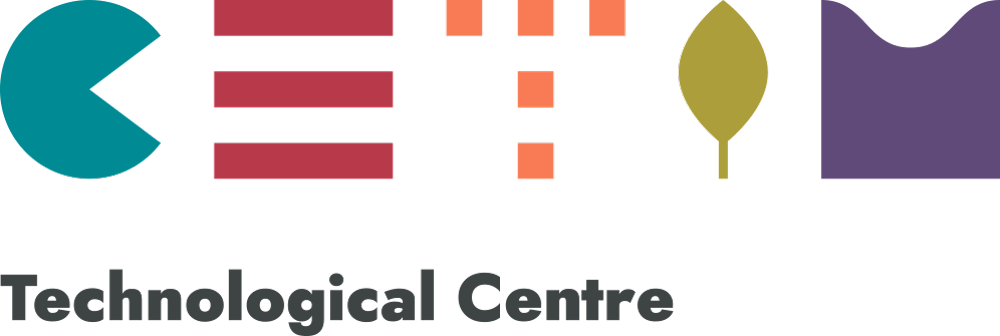
CETIM Technological Centre
Area of expertise: Chemical engineering and biorefineries
The CETIM Technological Centre (CETIM) is a private technological centre that provides technical solutions for various sectors and conducts research in areas such as lignocellulosic materials, polymeric materials and coatings, new bio-based technologies, biorefineries and new value chains. CETIM offers technological services for environmental analysis and is also specialised in physical, chemical and microbiological characterisation.
In pHYBi CETIM leads WP3 “Feedstock valorisation: Extraction and characterisation of products” and applies its expertise in biomass drying and fractionation by scaling up the production of lignin, cellulose, and hemicellulose. In addition, CETIM contributes to WP1 by characterizing the produced biomass and by supporting the definition of quality indicators for feedstock.
ICCRAM – Universidad de Burgos
Area of expertise: Plant and soil science
ICCRAM –the International Research Center in Critical Raw Materials for Advanced Industrial Technologies- was founded in 2014 at the University of Burgos (UBU). Nowadays, this centre carries out multidisciplinary researching activities within three research groups: I. Group ICCRAM-Environment, Sustainability and Toxicology; II. Materials design and modelling Group; and III. Electrochemical Processes and energy storage Group. In this way, it contributes to positioning the University as a European leader in the research areas of biotechnology, sustainability, toxicology, new batteries and computational simulation thanks to its participation numerous European funded projects.
In the field of biotechnology, ICCRAM contributes to the development of innovative techniques and strategies for soil and water decontamination through the analysis of microbial communities. Furthermore, it is committed to achieving a circular economy and specializes in conducting life cycle sustainability assessments for processes and products, including environmental (LCA), economic (cost-benefit analysis) and social aspects.
With this expertise, ICCRAM will make valuable contributions to different areas of the pHYBi project. As leader of WP2, ICCRAM will lead the optimisation and validation of plant management strategies, e.g. through laboratory and bench scale testing of the selected crops and modelling of plant-microbe interactions. In WP1, ICCRAM will investigate case studies and raw material characterisation by defining monitoring requirements and quality indicators. In addition, ICCRAM will develop guidelines for future implementation to support the sustainability assessment in WP5.
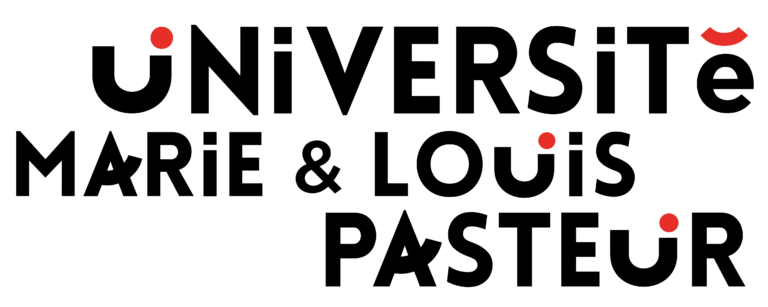

The Chrono-environment Lab at Université Marie & Luis Pasteur
Area of expertise: Plant and soil science
The Chrono-environment Lab at the Université Marie & Luis Pasteur (UMLP) specialises in microbial and plant physiology for soil remediation through phytomanagement, supported by advanced environmental monitoring tools. The research concepts developed at the Chrono-environment Lab are regularly integrated into education and training programmes.
In the pHYBi project UMLP leads the site investigation and feedstock characterization (WP1). They contribute to establishing soil and feedstock quality indicators and report on the investigation and monitoring of existing phytomanagement field trials. In WP2, they will collaborate in testing and optimising phytomanagement strategies to enhance soil remediation with microbial-assisted phytoremediation, using novel endophytes and modelling plant-microbe interactions. Finally, UMLP is testing poplar hybrids provided by PHY and microbial combinations in controlled greenhouse conditions to examine interactions between plant, soil and microbes.
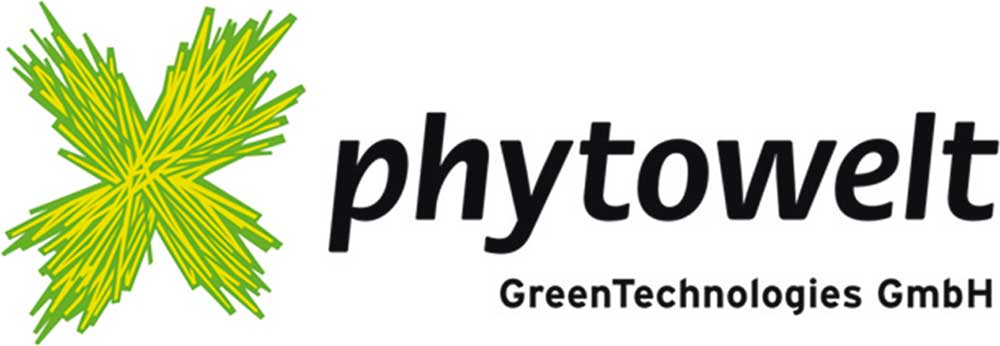
Phytowelt GreenTechnologies GmbH
Area of expertise: Plant and soil science, Agroindustry
Phytowelt GreenTechnologies GmbH (PHY) is an innovative biotechnology company based in Germany with 25 years of experience in contract research. PHY combines molecular biology with plant biotechnology for various industrial applications and is an innovator in the bio-based economy. PHY develops processes, products or plants to produce flavours, active ingredients and raw materials in its industrial or green biotechnology division, where the desired molecules are produced in plants and bacteria.
In pHYBi, PHY provides different poplar hybrids from their collection of nearly 800 poplar lines for the optimisation of phytomanagement strategies in WP2. Additionally, PHY supports the project with plant phenotyping, feedstock characterization and with testing different debarking methods of poplar biomass depending on the harvesting techniques. In WP3, PHY tests the feasibility of hemicellulose samples derived from poplar wood grown in heavy metal-contaminated soils for the growth of 10 carotene-producing E.coli strains, optimizing the fermentation process for pigment bioproduction for textile dyeing.

University of Oviedo
Area of expertise: Plant and Soil Science
At the University of Oviedo (UNIOVI, the Institute of Natural Resources and Territorial Planning and the Institute of Biotechnology work together as a multidisciplinary environmental biogeochemistry research team on topics related to environmental engineering, plant biology, microbiology, chemistry, remote sensing and hydrogeology. Together they have expertise in site remediation through bioremediation, phytoremediation, soil chemical stabilisation, nanoremediation, soil washing and soil and groundwater remediation.
In the pHYBi project, UNIOVI plays a major role in WP1 and WP2, focusing on microbial phytoremediation, field trials and remote sensing monitoring. UNIOVI is also carrying out pilot studies as well as pot and greenhouse experiments, where nanocompounds and organic amendments are being used for phytoremediation on birch and willow trees.
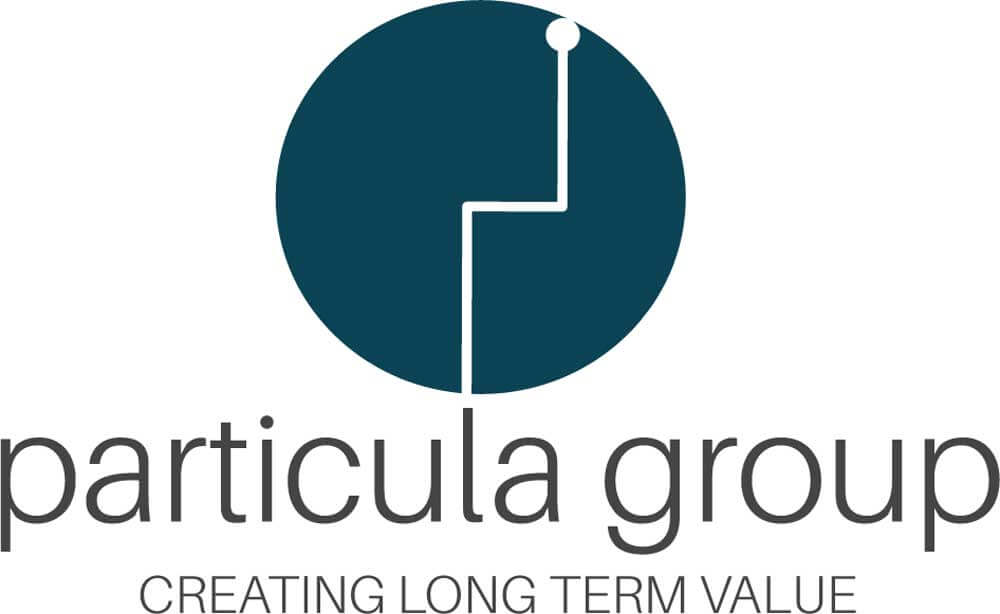
PARTICULA GROUP
Area of expertise: Agroindustry
PARTICULA GROUP is a research and technology company based in Rijeka, Croatia, dedicated to the development of circular bioeconomy solutions for sustainable biomass and bio-based products. PARTICULA is an expert in phytoremediation of polluted land and water through agri-solutions and microbials, as well as an expert in up-cycling of agricultural waste and by-products through 3rd generation biorefinery. To this end, PARTICULA cultivates industrial hemp and Miscanthus Giganteus biomass using its own organic microbial-based bio-fertiliser, Terralgal™.
In the pHYBi project, PARTICULA supports the definition of monitoring requirements and quality indicators at the sites (WP1) as well as the characterisation of new candidate field sites. PARTICULA is also involved in the definition of crop management strategies in WP2.

Digital Innovation Hub on Livestock, Environment, Agriculture & Forest
Area of expertise: Agroindustry
The Digital Innovation Hub on Livestock, Environment, Agriculture & Forest (DIH-LEAF) operates in the primary sector, fostering digital transformation and innovation. Introduced by the European Commission in 2016, the DIH model serves as a non-profit mechanism to support SMEs and public sector organizations (PSOs) in advancing development, creating jobs, and unlocking new business models and innovation opportunities. DIH-LEAF connects diverse stakeholders, including universities, technological centers, companies, producer associations, and non-profit organizations, to promote sustainable development across rural and urban areas.
In pHYBi, DIH-LEAF is involved in site investigation, feedstock characterisation and stakeholder knowledge integration in WP1. In WP4, DIH-LEAF contributes to modelling and replication processes, for example by developing an easy-to-understand user manual for end users. DIH-LEAF is also involved in communication, dissemination and exploitation (WP6) by organising two workshops on digital tools and capacity building and supporting two co-creation workshops.
